How Rez Ball Is Transforming the Health and Fitness of a Whole Community
)
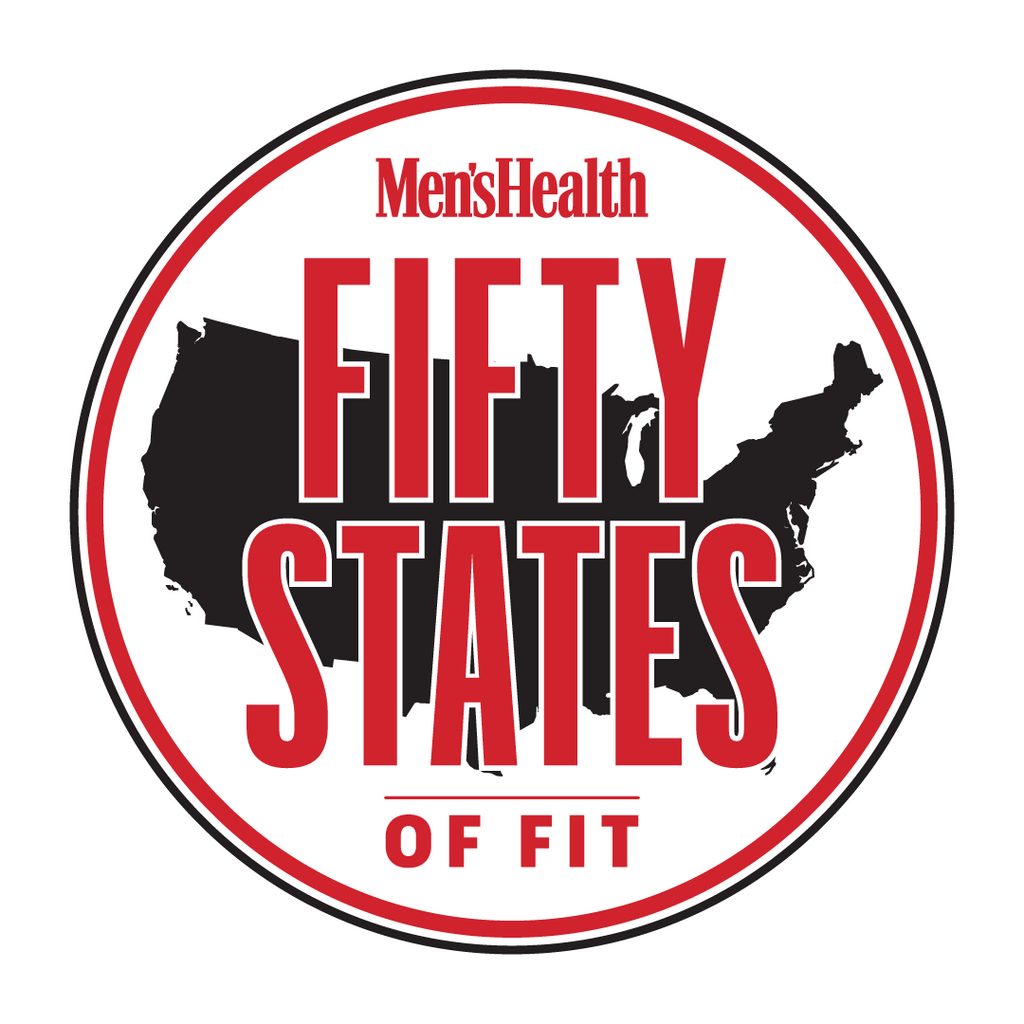
Its hard to imagine a more unlikely or poetic spot for a nascent sports dynasty to arise. But thats whats happening on this embattled reservation as the Winnebago Indians have made it to the final four of the Nebraska state championship four times in the past five years, thanks largely to the effort of Jeff Berridge. I track down the 31-year-old high school basketball coach a few minutes after I arrive; hes overseeing a dozen teenagers who are grunting out split squats and cable rows in a weight room at Winnebago Public School, which serves the K-12 students on the reservation.
None of the boys are towering or look particularly burly, but they are laughing and busting ass, and though winning important playoff basketball games is totally lit, the implications of the teams transformative success run deeper than the banners hanging in the gymnasium. I tell my kids, If you take care of the basketball, the basketball will take care of you, says Berridge, invoking the kind of earnest sermonizing that only coaches can get away with. But in this remote corner of the Cornhusker State, it turns out that taking care of the ball actually can transform the lives of Native kidsand the community they call home.

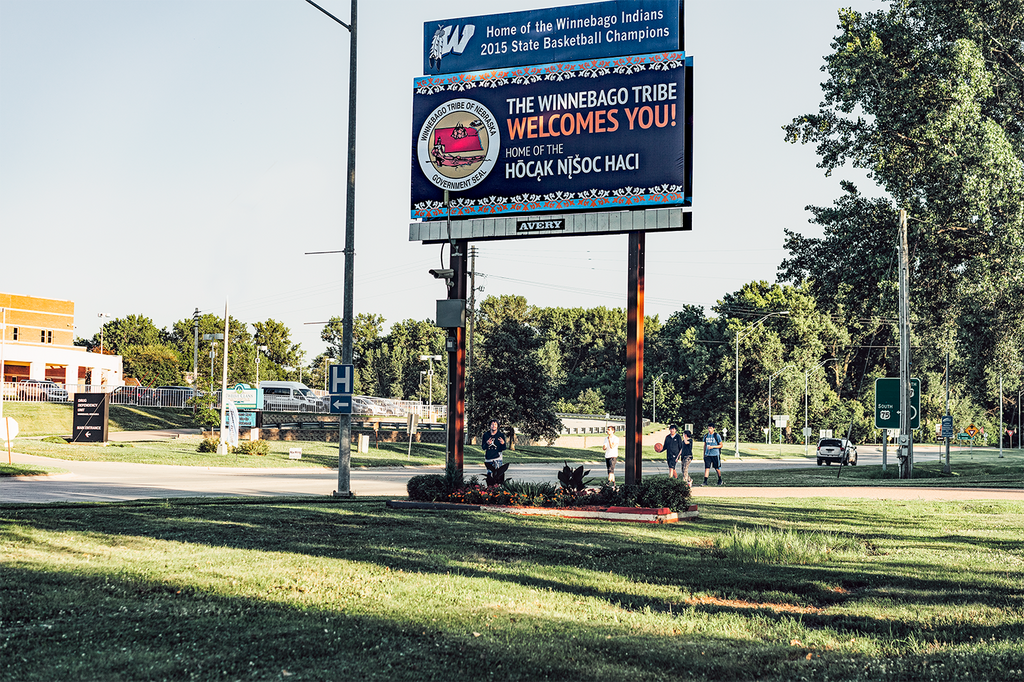
THE NAME OF the game here is Rez Ball, a term widely used by Native Americans around the country to describe the typical style of play. Basketball is by far the dominant sport in Indian Nations all over the U.S., particularly in the Four Corners, Florida, and the Upper Midwest. Rez Ball is strongest in places just like Winnebagosmall rural communities where distractions and opportunities and the trappings of privilege are hard to find. While a few players of Native American heritage have made it to the NBAmost recently Kyrie Irvingno one raised on a reservation has made that leap. But hundreds of Rez Ball athletes have gone on to play college ball in their own inimitable way.
Rez Ball is run-and-gun, says Berridge, grinning. We play full-court press the whole game. I tell the kids to make no more than two or three passes and then shoot the ball. He laughs. We wind up shooting a lot of threes and tiring out a lot of teams, he says. Of course, we have days where we have to deal with the white mans gameteams that slow it down and run college plays. We can play that way if necessary. But we focus more on a relentless pace and forcing them to adapt to our game.
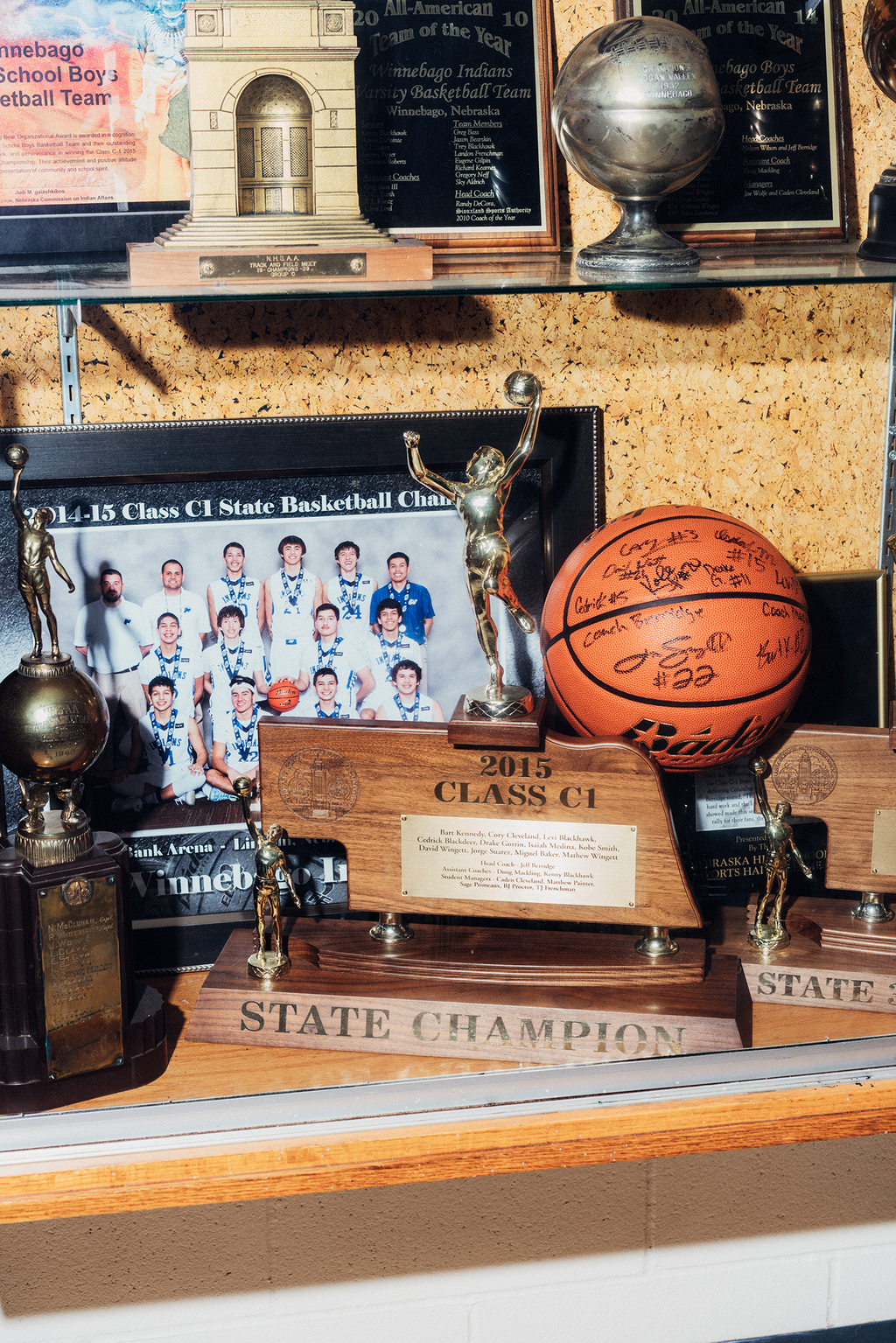
Life on the reservation has long been tough. The Winnebago arm of the Ho Chunk tribe was displaced four times during the 19th century by the federal governmentfrom Iowa to Wisconsin to Minnesota to the Dakotasbefore it was forcefully settled here in Nebraska in 1863. The median household income today is south of $20,000. The fatality rate due to diabeteswhich very rarely impacted tribal members until they abandoned their traditional diet in the 1890s and started eating food provided by the U.S. governmentis five times the national average. The incidence of heart disease, cancer, homicide, suicide, and alcohol-related deaths is also off the charts. A recent survey concluded that 54 percent of elementary-school children were obese or overweight. The public school is ranked 216th out of 219 high schools in the state.
Amid these troubles, the tribe is fighting to preserve its culture. Only a handful of residents can fluently speak the Ho Chunk language and the town looks more like a lot of blue-collar America than what some think an Indian reservation looks like. Berridge laughs at how outsiders have massively outdated ideas of Indian culturePeople think theyre going to see tepees and buffalo and people wearing feathers.
He understands the obstacles his players are up against, because he was born and raised in Winnebago himself. Kids here struggle, he says. Many of them dont have parents at homethey grow up with a grandparent. Alcohol and gambling are problems. For a lot of my friends, the plan was to stay at home and maybe get a job at the casino. Thats why sports are important. On the reservation, its the only real getaway from the problems.
Hoops has been the dominant sport on the reservation for years, and Berridge played on Winnebagos high school team. Over four years, he had four coaches, all of them non-Native. Those teams, though talented, never got it together. His most painful memory came during his junior year at a game at an all-white school with a team also called the Indians. There was an ugly incident, he recalls. The crowd started hollering racist chants and the referees started making questionable calls. It was nasty, and we wound up losing this game we should have won, and it turned into this riot, he says. I looked at our white coach and he didnt say or do anything.
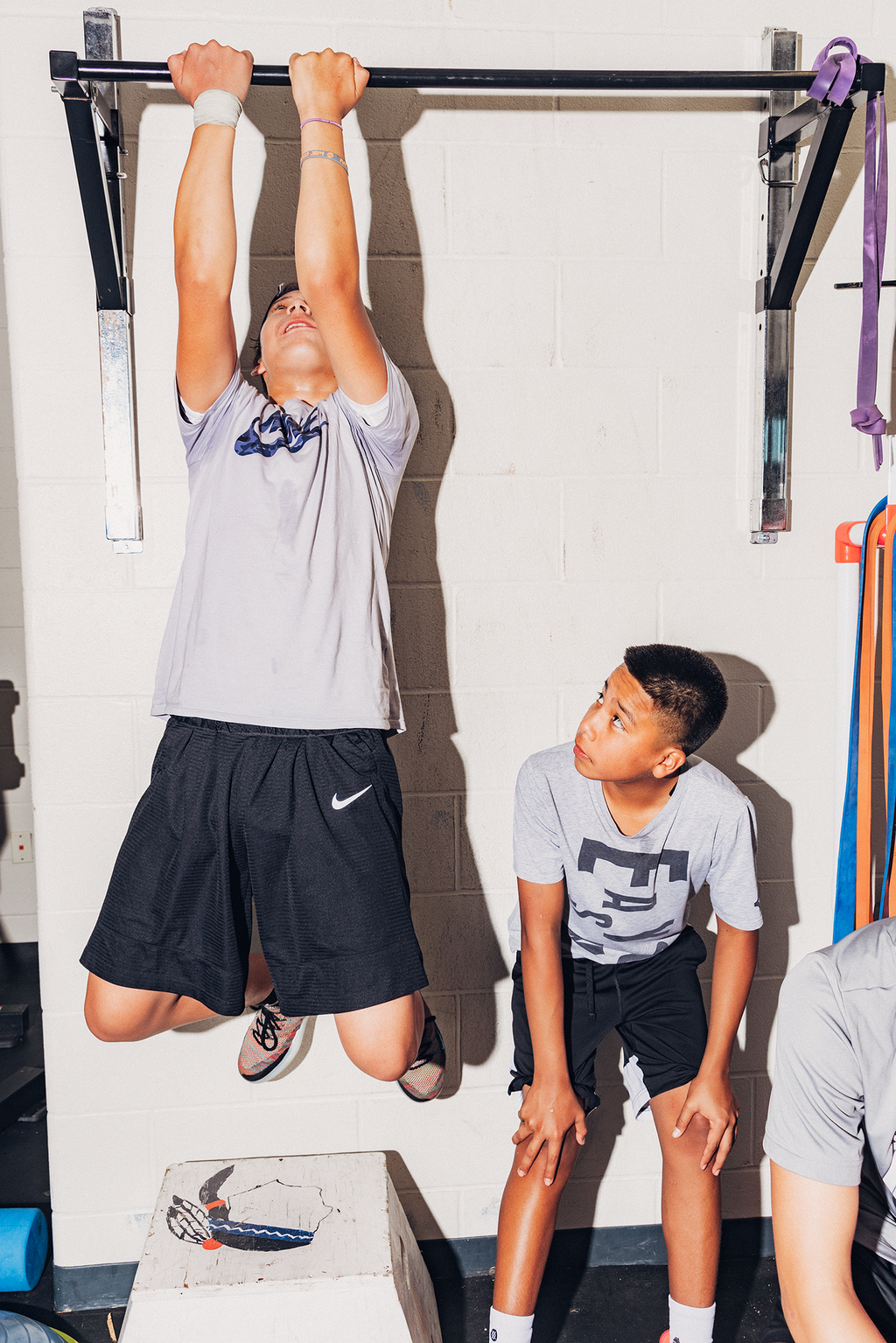
At an emotional school-board meeting back in Winnebago after that incident, a teenaged Berridge stood before his community and told the packed room, Basketball isnt just a game hereits our life. He vowed that he would leave the reservation to pursue an education and a college basketball career and then come back to coachan elaborate plan to give other student-athletes in Winnebago a chance to play for someone who understood and honored their experience. I knew I could do better for them, he says.
It wasnt easy. He wound up fathering a child in his senior year of high school, but he didnt let that stop him. (Berridge married his longtime girlfriend in 2017.) With a baby in tow and a job on the side, he starred on the basketball team at Haskell University, a Native American institution in Lawrence, Kansas. Not long after he graduated, Berridge came back to Winnebago in 2010, serving two years as cohead coach as the team ground out two winning seasons. Then he took over solo, and the team went from good to greatassembling a 15834 record and four final-four appearances in five years.
The pinnacle came in 2015, when the team went down to Lincoln and beat all comers in the state tourney. One of that teams stars, David Wingett, went on to get a scholarship to Division I powerhouse Memphis State. (He has since transferred to South Dakota State.) But that squads success was more than just one superstars doing. That team jelled since second grade, and they played together their whole life, says Berridge. They were always unselfish.
The tournament played out like a Native American reenactment of Hoosiers, as a scrappy squad of small-town kids with a dogged coach outplayed big-city stalwarts. On the final afternoon, they topped Scotus Central, one of the largest Catholic private schools in the state, 6651. The little team from the reservation had done it.
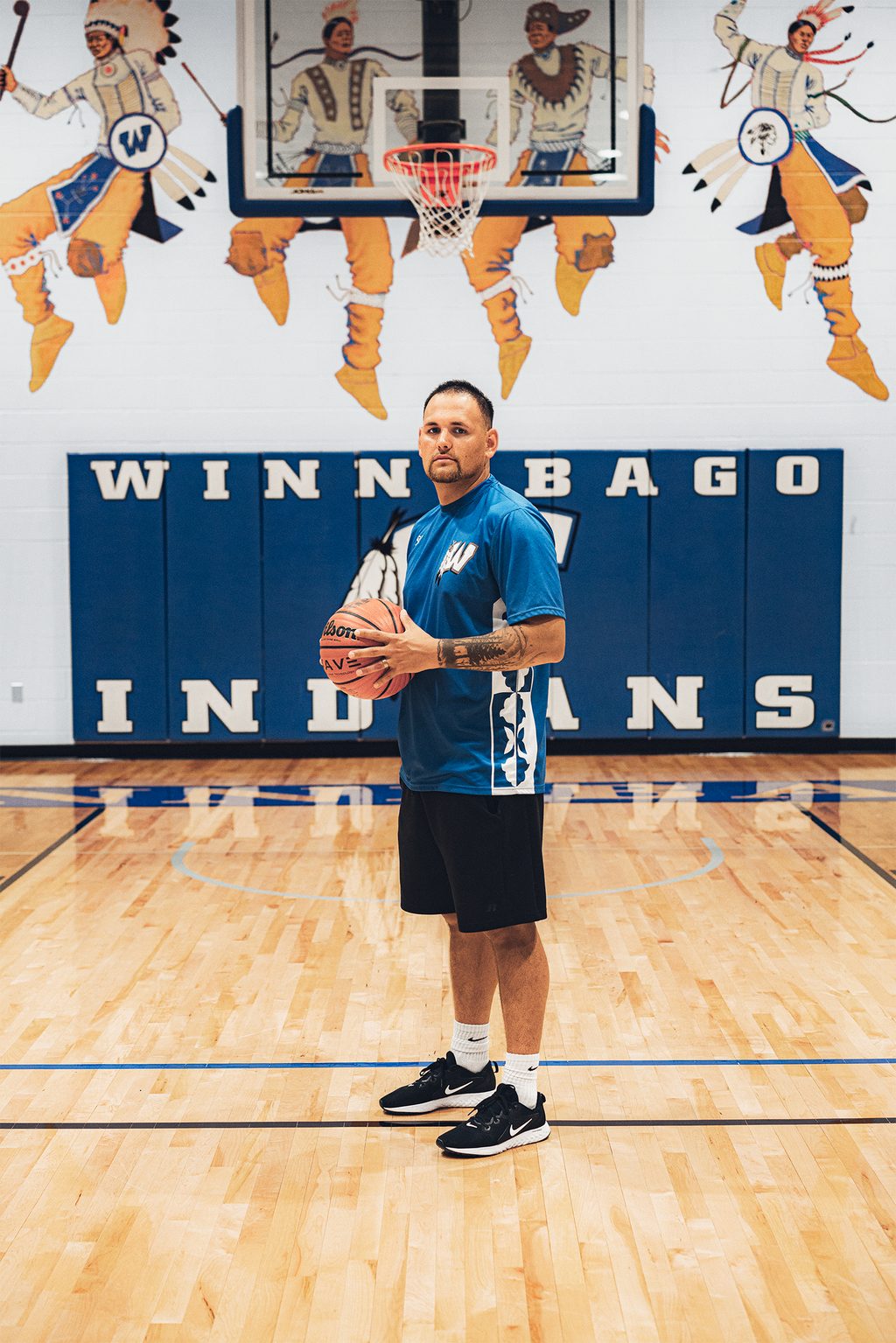
When the Indians bus got back to Winnebago, there was a police escort and crowds lining the streets that included neighboring tribes and a pep rally where Berridge stood on a fire truck and shouted to joyous fans through a megaphone. The miracle season had come at an especially tough timethe town was reeling from a political scandal. The success of the team helped shift the sentiments of many tribal members from dejection to elation. After the pep rally, I told the boys, You have given people freedom.
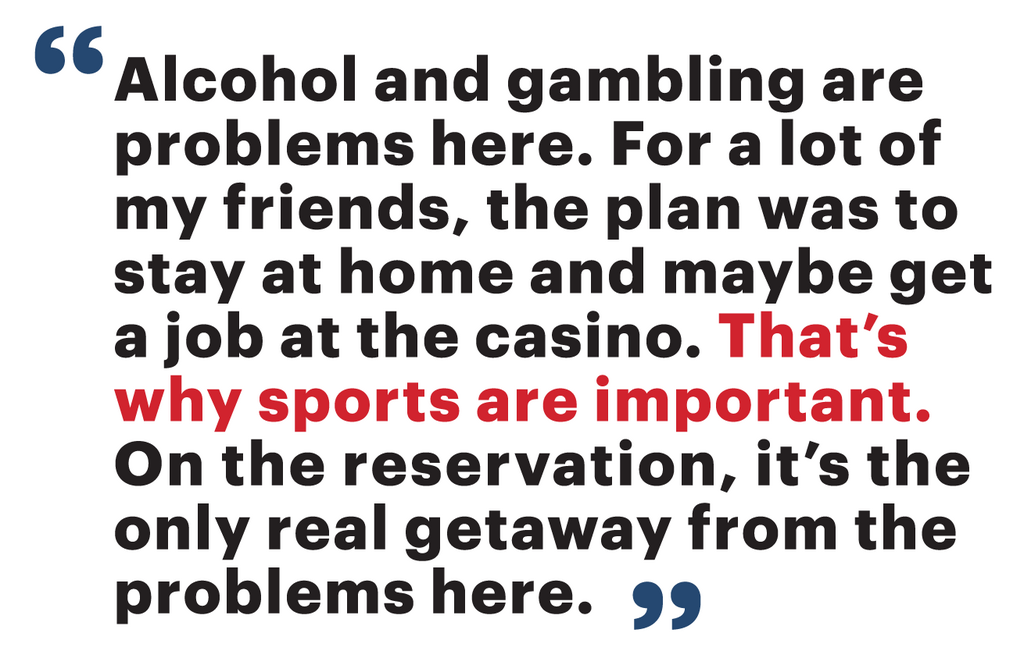
Today you can see just how much hard work it takes to offer a community freedomand how the game of basketball can provide sanctuary to kids whether theyre in an inner city or the rural heartland. As midday comes, more players filter into the weight room. Berridge holds three separate sessions of supervised lifting every weekday to accommodate boys who have summer jobs or responsibilities at home. A lot of these kids have younger siblings and no grown-ups at the house for much of the day, so they babysit, he says.
Whether hes teaching proper deadlift technique or talking about weak-side screens or the value of showing up for first period on time, Berridge doesnt do it alone. He leans heavily on his assistant coaches, Aaron LaPointe and Kenny Blackway, who played under his direction in high school, left the reservation to get an education, and came back to pay it forward. When we were kids, we didnt have all this, says Blackway, alluding to the support and expectations the team enjoys now. Im trying to give them motivation to stay serious about school and sportto convey this can help them go to college.
LaPointe says that back when he left Winnebagoa decade agoonly two kids in his graduating class went to college. And now, he says, about half of Winnebago grads continue their education. Weve gone from having five college graduates on the reservation to more than a hundred, he says. Our basketball program has had a big impact here because many people get degrees and come back. Now when players get signed to play college ball, Berridge and the administrators make a big deal of it, holding an all-school assembly so even the kindergartners get a taste of the possibilities. Last year we had four players signed. Thats a lot for a school with a graduating class of, like, 40 kids.
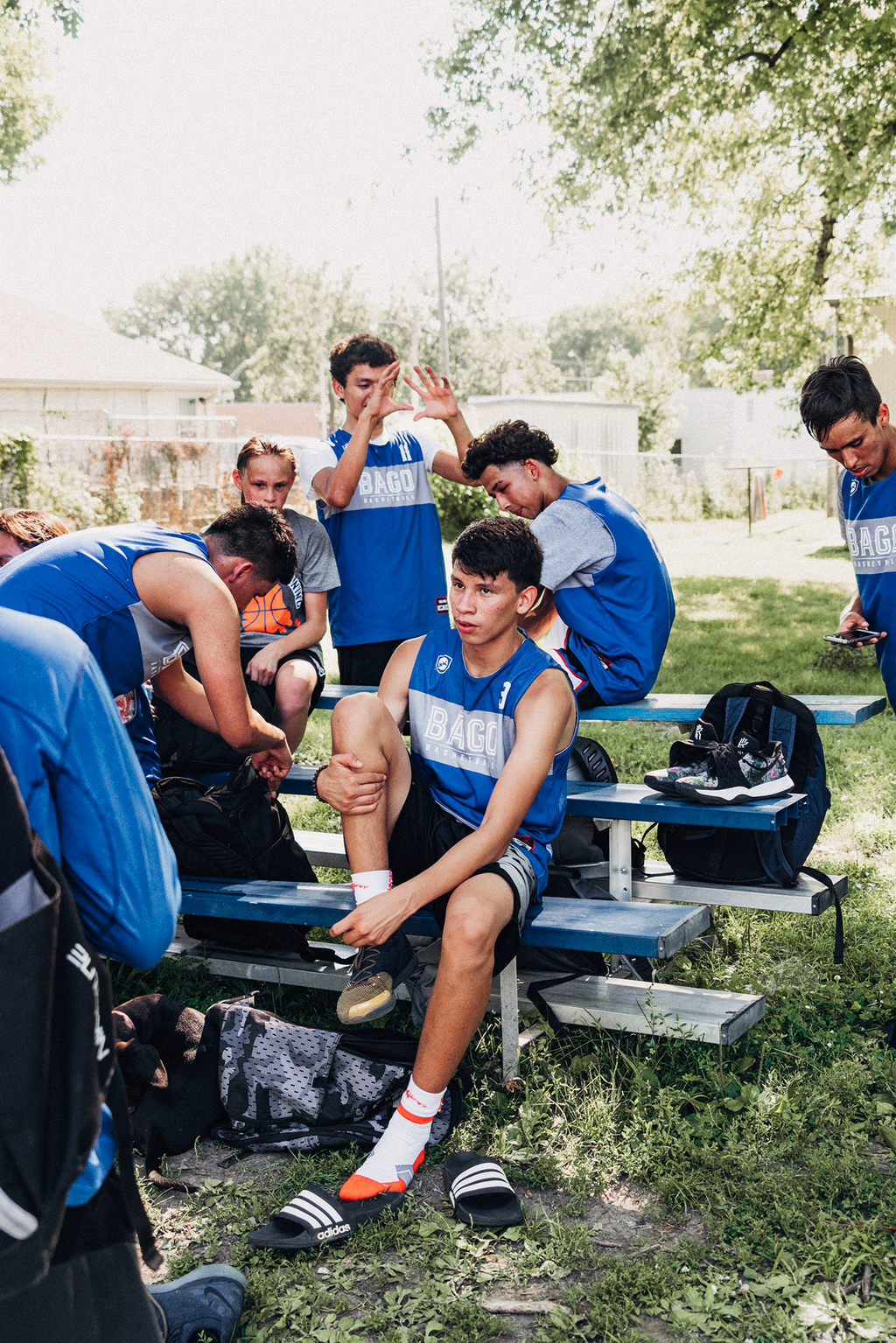
During the afternoon, the kids migrate from the weight room to the practice gym for a few hours of relentless scrimmaging. Its hot, but Rez Ball is in full effectfast breaks, outside jumpers, full-court press. As the sweaty players take water breaks between games, they talk in pithy teen sentences about how the culture at Winnebago has impacted them. Basketball makes us want to behave in school, says senior Jeriah James, 17. It gives us opportunities to go places. Likewise, fellow senior Drew Parker, 18, has aspirations. I want to play college ball, he says.
Its easy to look at these kids and contemplate the incongruity that in a culture thats laboring so mightily to keep its heritage alive, the path to a better life is through a highly commercialized mainstream sport. But the view from within a Native community like Winnebago is differenthere most everyone knows that Jim Thorpe barnstormed as a professional basketball player a century ago and feels a deep connection to the game. Basketball isnt just a means to an end for young peopleas Berridge told everyone as a teenager, its a way of life.
The practice gym has a sign on the door telling all students that nacho cheese is not allowed inside, but the coaches have more practical nutritional advice. I tell the kids they cant drink soda, says Berridge, who tries to contextualize the challenges of preaching better eating habits in a community where the nearest good grocery store is 20 miles away. Many people are struggling to buy good food; theyre struggling to keep the lights on. To that end, Berridge and his assistants chip in and host a pasta-and-pizza night before every game, making sure that all the players get a wholesome meal and some stable community a couple times a week.
Berridge sits in the stands as his team sprints up and down the court playing five-on-five. Hes more prone to put a hand on a shoulder and offer a tip than to bark orders. (These kids get enough conflict at home, he says with a shrug. They dont need that from me.)
After its unprecedented runs to the state semifinals, the 2018 team had another impressive campaign but lost in the finals. Now the 2019 season is looming. The kids are bullish on their prospects, deeply committed to lifting weights every weekday and practicing hard and listening to the wisdom their coaches have to offer.
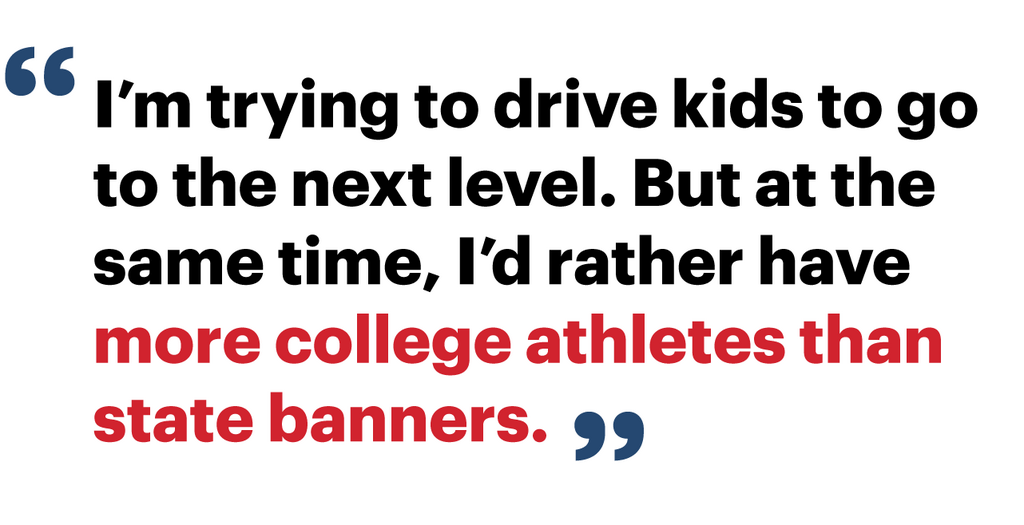
The effect of this devotion can be felt viscerally in the gym, but the reality is that it can also be felt all over the reservation. Educational data indicates that school attendance and graduation rates are improving. The success of the basketball program has engendered broader support for other school sports; Adam James, the athletic director, says the school has launched programs in cross-country, wrestling, and golf. Even adult participation in basketball leagues is on the rise. The impact on the diabetes problem on the reservation is real, says James.
And with a high-profile championship program suddenly in their midst, many Winnebago residents feel a long-absent sense of pride. More kids are going off to get a college education and then coming back to make a difference. Of course, there are still systemic problems on the reservation, but there is a feeling of possibility. Here in the northeast corner of Nebraska, some kids took care of the ball, and it took care of a community.
As late-afternoon light streams into the gym, Berridge contemplates the upcoming season these kids face. He is at once optimistic and philosophical. I tell the team, To hang banners, we need to be in this gym working hard, he says over the sound of squeaking sneakers. Im trying to drive kids to go to the next level. But at the same time, Id rather have more college athletes than state banners. He pauses for a moment as one of his players pops from a full sprint to swish a rainbow from the far corner. Maybe if we play our cards right, we wont have to choose.

)
)
)
)
![Messi visit turns ugly in Kolkata as frustrated fans revolt at stadium [Video]](https://sportal365images.com/process/smp-images-production/pulse.com.gh/13122025/063490d8-7f44-4fee-ae15-4e386efec018.jpg?operations=autocrop(112:112))
)